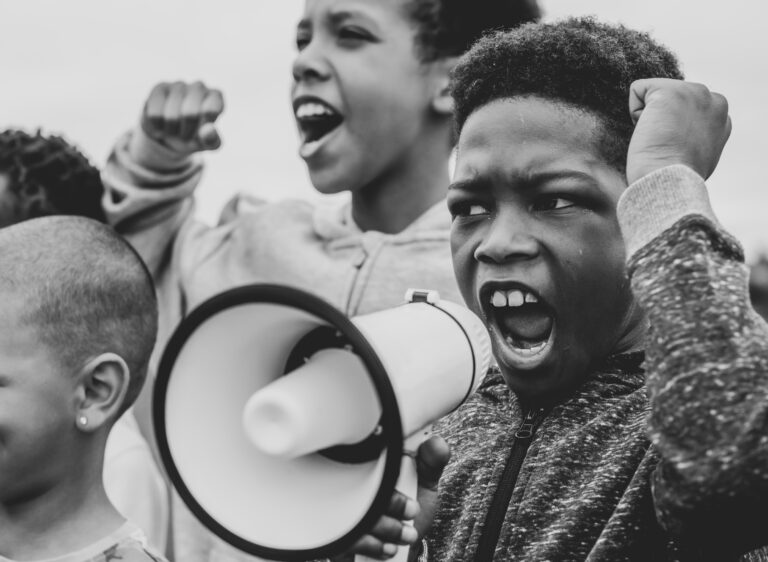Voting Instructions
After a consultative engagement and a purposive Nominees’ engagement, Africans Rising has endeavoured to open voting for the Coordinating Collective Election to all the Africans Rising’s registered members. Every one of you has an opportunity to vote and share Africans…

